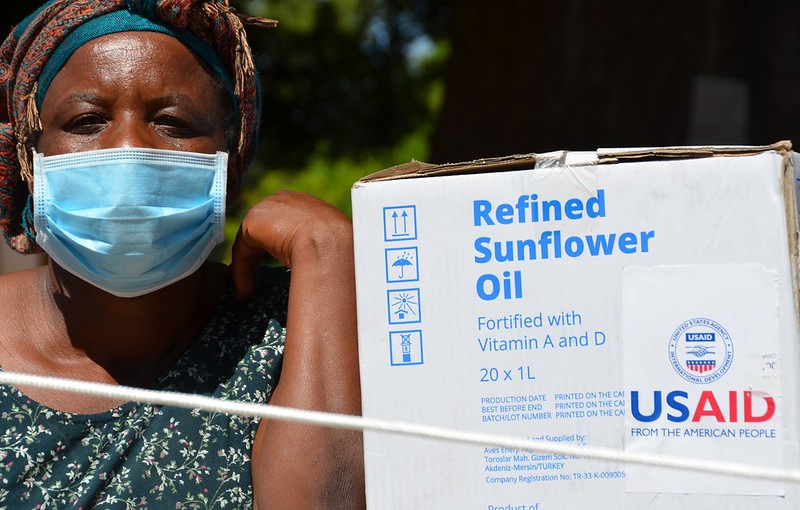Already a subscriber? Make sure to log into your account before viewing this content. You can access your account by hitting the “login” button on the top right corner. Still unable to see the content after signing in? Make sure your card on file is up-to-date.
Trump administration officials have proposed massive changes to the US foreign aid system.
Some shit you should know before you read: Shortly after Trump returned to the Oval Office, his administration, with support from Elon Musk’s Department of Government Efficiency (DOGE), swiftly moved to shut down the US Agency for International Development (USAID). They argued that the agency had become bloated, inefficient, and overly focused on programs that did not serve core American interests. Supporters, including many Republican lawmakers, praised the move as a long-overdue effort to cut unnecessary spending and make foreign aid more transactional—tying US assistance directly to strategic returns. Critics, including Democrats and foreign policy experts, condemned the decision as reckless, warning that it weakened humanitarian efforts, reduced US global influence, and created a leadership vacuum that adversaries like China could exploit.

What’s going on now: In an internal memo first obtained by Politico, Trump administration officials outlined a sweeping plan to restructure US foreign aid by dismantling USAID and consolidating various development agencies under a centralized framework. The memo proposes renaming USAID as the US Agency for International Humanitarian Assistance (IHA) and placing it under the State Department, shifting its focus to disaster relief, global health, and food security. Additionally, it calls for merging the Millennium Challenge Corporation (MCC), the US Trade and Development Agency, and the International Development Finance Corporation (DFC) into a single entity designed to drive private-sector investment in infrastructure, energy, and technology. The administration argues this would serve as a stronger alternative to China’s Belt and Road Initiative, which has expanded China’s influence through strategic investments in developing nations (primarily in Africa).
The memo also outlines plans to shift politically oriented aid programs—such as democracy promotion, religious freedom initiatives, and anti-human trafficking efforts—under the direct authority of the Secretary of State, arguing these programs require tighter diplomatic control.
It further calls for eliminating or restructuring key foreign aid funding mechanisms, including the Development Assistance account and the Economic Support Fund, while introducing new accountability measures such as blockchain technology to track spending. The administration frames these reforms as necessary to make US foreign aid more efficient, results-driven, and aligned with national security interests.
This all comes as these proposed changes face significant legal and legislative hurdles, with many requiring congressional approval before they can be implemented.






